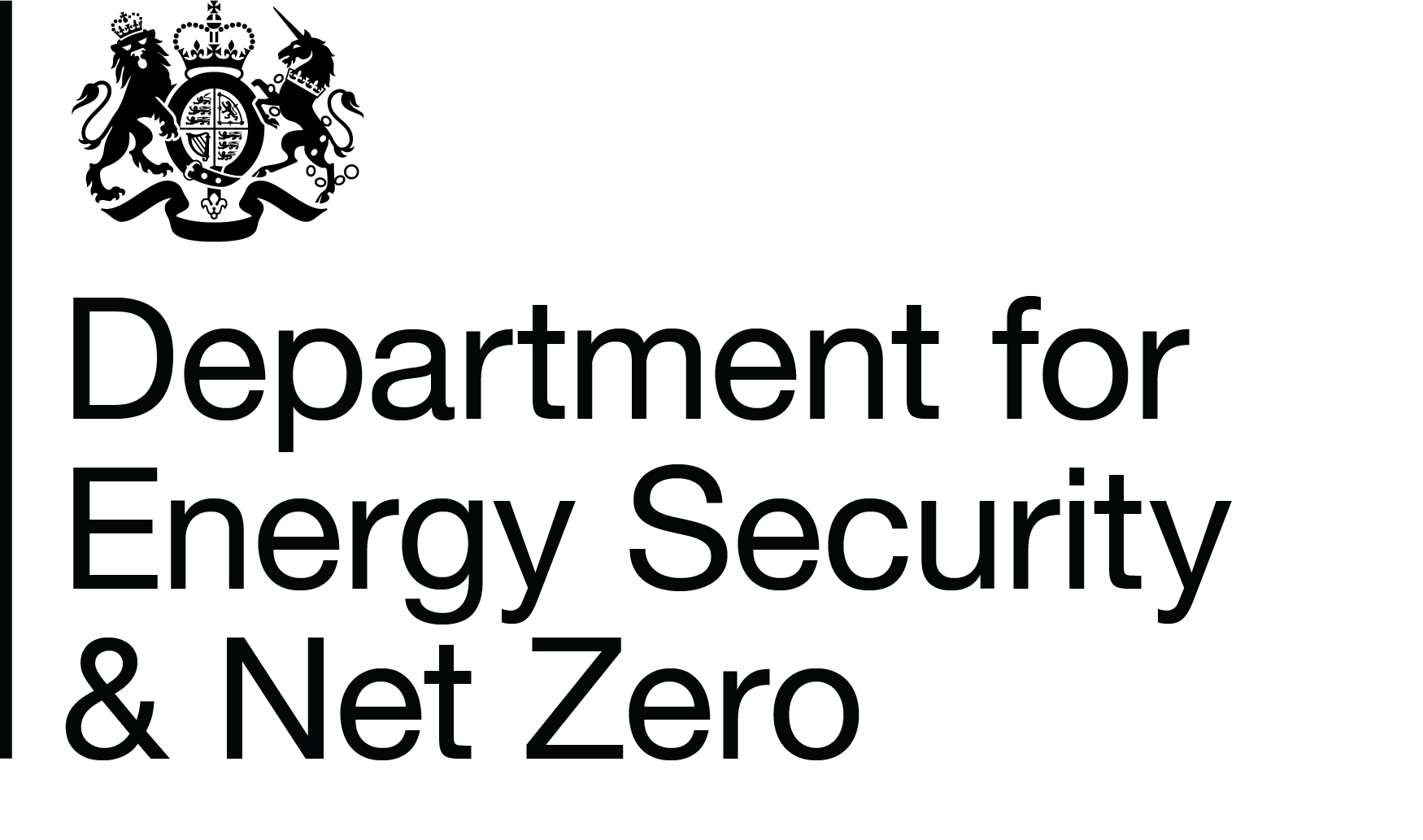Electricity Market Reform: Consultation on Proposals for Implementation
Overview
This consultation was carried out by the Department of Energy and Climate Change. In July 2016, the department merged with the Department for Business and Innovation and Skills to form the Department for Business, Energy and Industrial Strategy.
The Government is seeking views on the detailed proposals for the implementation of Electricity Market Reforms (EMR). The documents attached set out implementation proposals for the key mechanisms for reform: the Contracts for Difference and Capacity Mechanism, as well as the implementation and transitional arrangements. This consultation is relevant to energy generators, energy suppliers, energy consumers and their representatives, Consumer Focus, network operators, Ofgem, environmental and energy efficiency organisations, energy service companies, the construction sector, finance institutions and other stakeholders with an interest in the energy sector. DECC invites interested parties to submit comments and evidence.
Why your views matter
Consultation Scope
This document aims to consult on the proposals for implementing:
- Detailed policy framework for Contracts for Difference
- Detailed policy framework for the Capacity Market
- The institutional delivery arrangements for the above mechanisms
- Implementation of measures to manage conflicts of interest of National Grid and the EMR delivery body
Drafts of some of the secondary legislation for implementation will also be published alongside this consultation to enable a view of how the proposals outlined above will be laid within Parliament.
What the consultation does not cover
The following areas are out of the scope of this documentation:
- The draft EMR Delivery Plan, reliability standard and CfD strike prices – these were consulted on in July 2013.
- Contract terms for the CfD – views have been sought in November 2012 and August 2013.
Looking ahead
This consultation closes for responses on 24 December. We will then analyse responses and make any appropriate changes to our proposals. Our final policy decisions will be announced in a Government response to the consultation, which we plan to publish in spring 2014. The secondary legislation to implement EMR will need to be laid in and approved by Parliament before the EMR mechanisms can come into effect. Our intention is to lay the draft implementing Secondary legislation in late spring 2014 with the aim to have these in force in July 2014.
The implementing secondary legislation can only be laid once the enabling powers in the Energy Bill come into force (shortly after the Bill receives Royal Assent).
What happens next
Next Steps
- The EMR programme is on track to be implemented in 2014, which is when the first low-carbon projects could be supported under EMR.
- The first CfDs under the generic regime expected to be signed in the second half of 2014, and the first capacity auction at the end of 2014.
- We published final design proposals on 27 June, and intend to consult on the detailed design and draft secondary legislation in October.
- After consultation on the final design proposals and secondary legislation, we will then develop the regulations which will be laid before and voted on by Parliament before the mechanisms can come into effect.
How to respond to this consultation
- The aim of this consultation has been too provide a clear narrative of the landscape for these mechanisms to enable stakeholders to see the overall picture of Governments proposals.
- Government welcome responses to any of the detail published within this consultation. Within the chapters below you will find questions referring to specific implementation proposals and more general questions to test whether the mechanisms for reforms will work in practice. These questions are captured within orange boxes throughout the document.
- Stakeholders are welcome to answer as many or as few of the questions as they like. If you disagree with any of the proposals within this document and have alternative suggestions, it would be helpful if you can provide supporting analysis to support this by X.
- We will welcome responses made electronically by either sending a proforma to the email address supplied or by using the online survey, or by hard copy – using the proforma provided and sending to the address supplied.
Audiences
- Charities and Third Sector organisations
- Coal
- Construction
- General public
- Investment
- Manufacturing
- Non-Government Organisations
- Nuclear
- The Devolved Administrations
- Universities
- Wave and tidal
- Wind
Interests
- Carbon budgets
- Carbon capture and storage
- Carbon markets
- Climate change
- Coal
- Distributed energy and heat
- Electricity
- Emissions
- Energy and climate change
- Energy efficiency
- Fuel poverty
- Nuclear
- Oil and gas
- Renewable energy
- Security and resilience

Share
Share on Twitter Share on Facebook